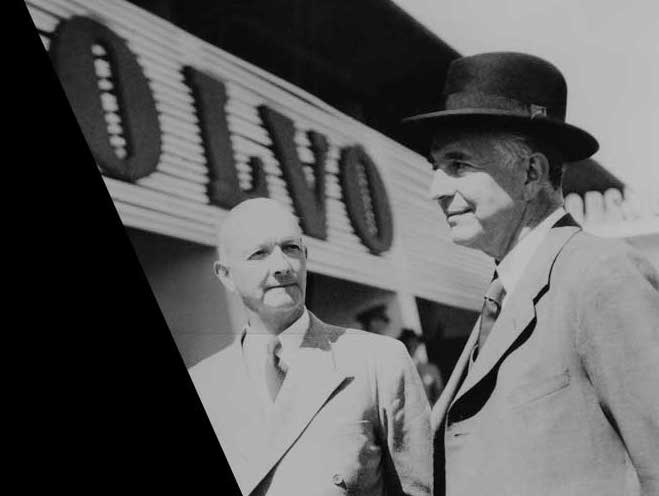“For life. To give people the freedom to move in a safe, sustainable and personal way.” This purpose is reflected in Volvo Cars’ ambition to become a fully electric car maker and in its commitment to an ongoing reduction of its carbon footprint, with the ambition to reach net zero greenhouse gas emissions by 2040.
Personal – Protecting Living
We enable people to live life freely. Life is precious. So is living. Therefore, we want to give people less reasons to worry, and more joy in the everyday. We celebrate individuality and champion the freedom to be you.
Sustainable – Protecting Life
We are committed to our position to protect people and planet. Therefore, we aim for the highest standards of sustainability in mobility. Safety includes the world outside our cars, as well as the people inside them.
Safe – Protecting Lives
In 1927, our founders stated that safety is the guiding principle behind everything we do. We will continue to pioneer the safest, most intelligent technology solutions in mobility and everyday life.

Our founders stated:
Cars are driven by people. The guiding principle behind everything we make at Volvo, therefore is, and must remain, safety.
This emphasis on safety, quality and people has been a feature of our cars ever since.
